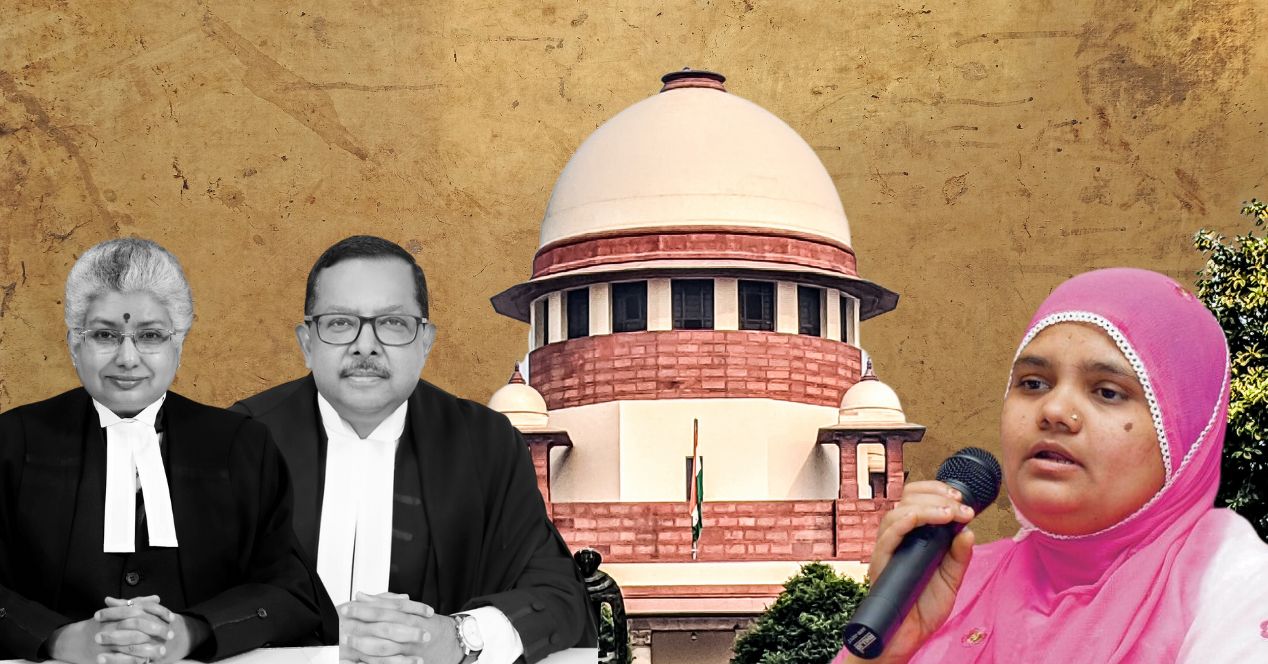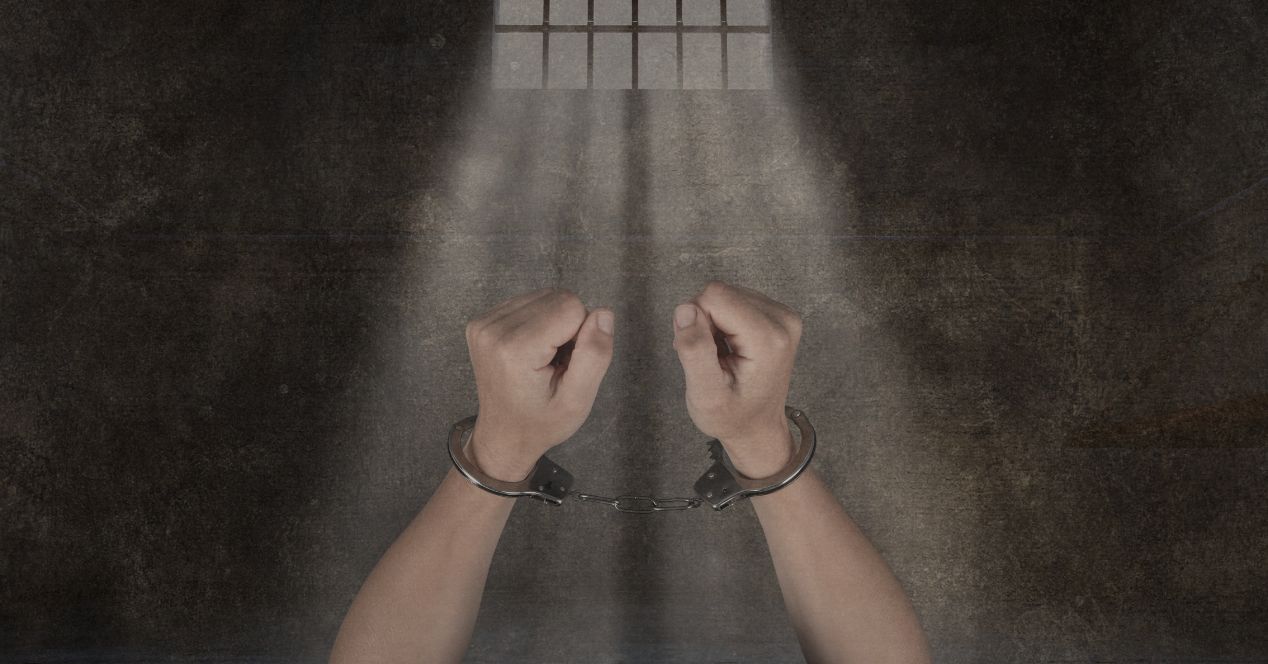Early Release of Bilkis Bano Convicts | Judgement Matrix
Early Release of Bilkis Bano Gangrape ConvictsJudges: B.V. Nagarathna J, Ujjal Bhuyan J
Today, a Division Bench comprising Justices B.V. Nagarathna and Ujjal Bhuyan unanimously ordered the 11 convicts in the Bilkis Bano gangrape case to return to prison within two weeks. Highlighting the importance of rule of law over personal liberty, the Bench quashed the Gujarat Government’s remission orders granting early release to the offenders.
Supreme Court Observer’s matrix breaks down the 250-page judgement.
Background
During the Gujarat riots in March 2002, Ms. Bano and her family were fleeing from their home in Radhikpur village to Chapparwad village. However, before reaching they were ambushed by a group of men who gangraped Ms. Bano and murdered 14 of her family members including her infant daughter.
Ms. Bano approached the Supreme Court and in December 2003 the Court order the Central Bureau of Investigation (CBI) to investigate her allegations. The case was transferred to a special CBI Court in Bombay and in 2008 the Court imposed life sentences on 11 of the accused.
In May 2022, the SC Ordered the Gujarat State government to consider a request for remission made by one of the 11 convicts, under the 1992 remission policy. In August 2022, the Gujarat government granted the early release of all 11 convicts under the 1992 policy and publicly stated that they were released on ‘good behaviour’. However, this claim has been widely contested. Many allegations have been made claiming that many of the convicts violated their parole, made death sentences against Ms. Bano and her family, and had pending criminal cases against them for crimes committed while they were out on parole.
Ms. Bano and a host of other petitioners challenged the early release of the 11 convicts. They claimed that the Gujarat government should never have released them under the 1992 policy. The gravity of the offence should preclude any early release and further, none of the convicts had served the minimum sentence required to be considered under the 1992 policy.


